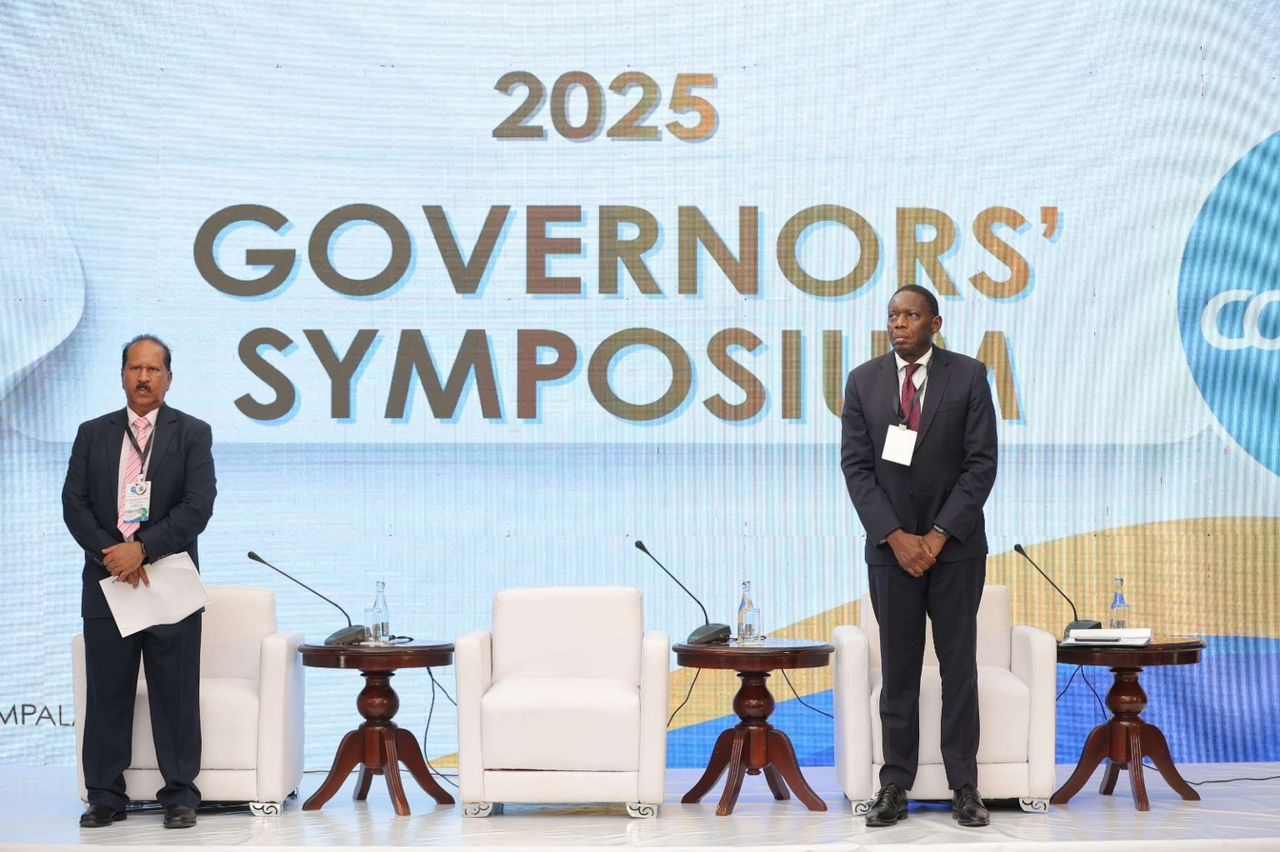Central bank governors from the Common Market for Eastern and Southern Africa (COMESA) region have called for stronger economic coordination to help member states navigate rising global uncertainty, citing volatile commodity prices, climate shocks, and geopolitical tensions as major challenges.
Speaking at a regional symposium in Kigo, Bank of Uganda Governor Michael Atingi-Ego emphasized the need to strengthen monetary and financial systems to ensure resilience in the face of ongoing disruptions.
“COMESA economies are still contending with the aftermath of the COVID-19 pandemic, high global interest rates, and climate-related disasters that continue to disrupt food and energy supplies. These shocks have hit households hardest, particularly in countries where most income goes toward meeting basic needs,” Atingi-Ego said.
Despite progress in stabilizing inflation and supporting post-pandemic recovery, Atingi-Ego warned that many economies in the region remain highly exposed due to their reliance on commodities such as oil, minerals, and agricultural products. Fluctuations in global prices continue to impact government budgets, debt levels, and national currencies, complicating long-term planning and forcing frequent policy adjustments. He pointed to recent oil-price volatility driven by global tensions and the global shift toward cleaner energy.
Atingi-Ego praised African central banks for their proactive measures to contain inflation through tighter monetary policy, noting that while these steps slowed short-term economic activity, they helped restore confidence. He stressed the importance of clear communication to manage public expectations and maintain trust in monetary policy.
To strengthen regional economic resilience, he called for the development of stronger inflation-targeting frameworks to guide monetary policy decisions. He also emphasized the need to build foreign exchange reserves during stable periods to provide a buffer against external shocks.
Additionally, he proposed creating sovereign wealth funds to save earnings from commodity booms, ensuring that temporary windfalls contribute to long-term stability.
Atingi-Ego highlighted the importance of improving early-warning systems, liquidity arrangements, and financial supervision to protect overall financial stability. He also underlined the role of regional initiatives such as the Regional Payment and Settlement System and the African Continental Free Trade Area (AfCFTA) in promoting integration and facilitating cross-border trade.
Drawing on Uganda’s experience, he noted that stress testing, risk-based supervision, and enhanced monitoring have been critical in maintaining financial stability. He also emphasized the expansion of mobile money as a tool for financial inclusion, while cautioning that careful oversight is required to manage emerging risks.
Looking to the future, Governor Atingi-Ego said that digital currencies and fintech innovations present significant opportunities but must be carefully regulated to protect financial stability.
The symposium, attended by prominent economists including Prof. Njuguna Ndung’u and Prof. Victor Murinde, is expected to inform broader regional policy discussions. Finance Minister Matia Kasaija, who opened the event, expressed government support for deeper economic cooperation within COMESA.
Analysts say the meeting comes at a critical moment as global shocks become more frequent, underscoring the need for coordinated policies that can strengthen the region’s economic position and resilience.


